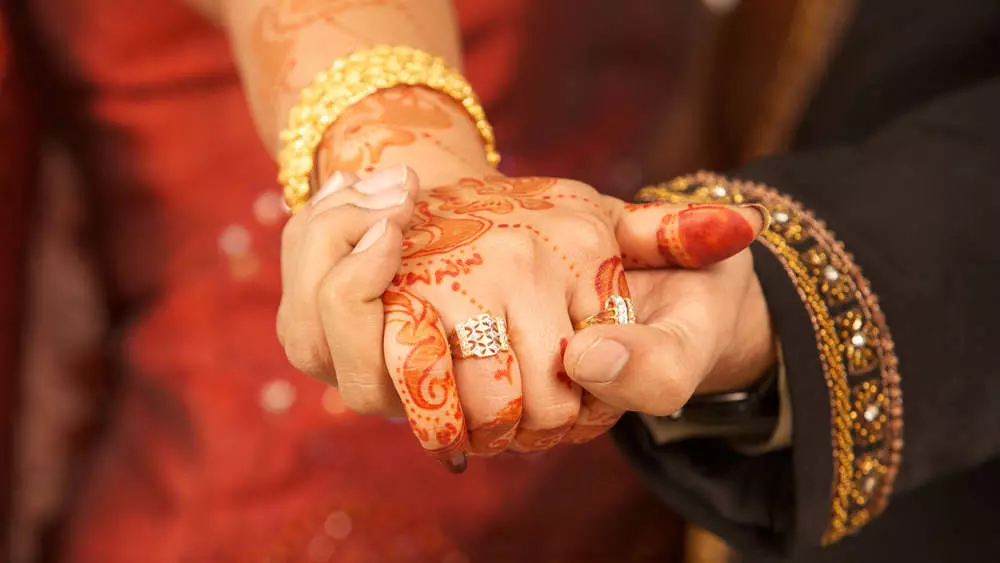
Interfaith marriages invalid under Hindu Marriage Act: Supreme Court
text_fieldsNew Delhi: Any interfaith marriages conducted under the Hindu Marriage Act are invalid under Hindu Marriage Act, the Supreme Court observed on Friday. It said that only Hindus could marry under the law, Asian News International reported.
A bench of Justices KM Joseph and BV Nagarathna made the observation on hearing a plea that challenged an August 2017 order by the Telangana High Court.
The matter is posted for further hearing in February.
In 2017, the Telangana High Court refused to dismiss proceedings against a petitioner under Section 494 of the Indian Penal Code (IPC). The Sections says that whoever, having a husband or wife living, marries in any case in which such marriage is void by reason of its taking place during the life of such husband or wife, shall be punished with imprisonment of either description for a term which may extend to seven years, and shall also be liable to fine, ANI states.
In 2013, a complaint was filed against the petitioner under Section 494 of IPC, alleging that the petitioner was married to the complainant effective from February 2008 as per Hindu Rites. Thus, their marriage is under the Hindu Marriage Act of 1955.
However, the petitioner argued that he was falsely implicated in the case and had not committed any offence. The petitioner also argued that the allegation that the petitioner was married to the complainant under Hindu rites or customs was also not true. The petitioner added that the complainant had not produced any proof of their alleged marriage other than the complainant’s statement.
Further arguing that the petitioner is a Christian and the complainant is a Hindu, the petitioner continued that there is no evidence that the petitioner married another person while the alleged marriage with the complainant existed. Thus offence under Section 494 is not proved.
The alleged marriage or the ceremony was never recorded, and it was not registered under the Special Marriage Act, which was mandatory since the alleged marriage was interfaith, the petitioner argued.























